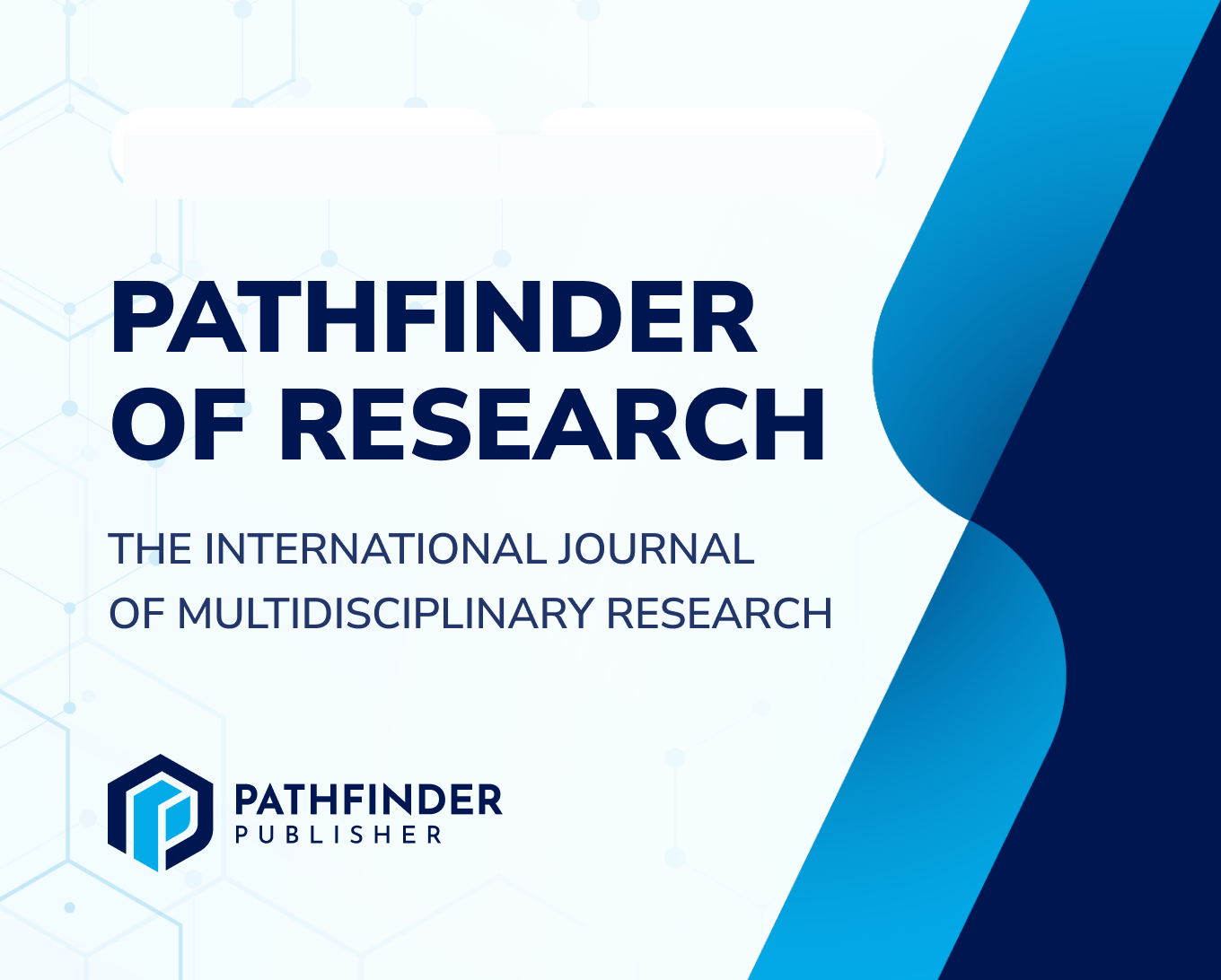Exploring the Socioeconomic Landscape of Dependent Communitiesin Hakaluki Haor
DOI:
https://doi.org/10.2018/6p96hc09Keywords:
Socioeconomic, Agriculture, Fisheries Wetland, BangladeshAbstract
The largest freshwater natural wetlands in Bangladesh, Hakaluki haor, is home to a variety of plant and animal species that have long supported reliant communities. The research aimed to identify the socioeconomic standing and biodiversity of the community by employing both qualitative and quantitative approaches. A six-month field research in three villages in Hakaluki haor, Bangladesh, assessed the status of the resource users and resources used by the haor-dependent community. The study reveals
that 27% of respondents engage in full-time fishing, while 37.2% are agriculturedependent. Most have primary-level education, leading to financial crises and poor housing conditions. The vast fisheries resources are their main livelihood, but economic crises and overexposure threaten wetland. The haor, a natural wetland, has experienced significant environmental degradation due to agricultural drainage, Jalmohal leasing systems, fishing pressure, overexploitation, siltation, soil erosion, habitat destruction, hunting, and increasing population. Human encroachment and inefficient enforcement have also led to a decline in floral and faunal diversity, increasing inhabitants' vulnerability. Effective management plans are crucial for sustainable livelihoods.



